TABC
Texas Alcohol Training
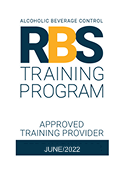
- Approved by Texas Department of Alcoholic Beverage Control
- Alcohol Server Training
- Online Course Available, Anytime, Anywhere, 7 Days a Week
- Stop and Start Anytime
- 70% Exam Score to Pass
- Certificate of Completion Instantly Emailed Upon Successful Completion
- Course Duration: 1.5 Hours
- Owners and Managers: Keep Track of All Employees in One Area
- Group Registrations: Keep Track of All Employees in One Area
- Languages Available: English and Spanish
BENEFITS OF TRAINING
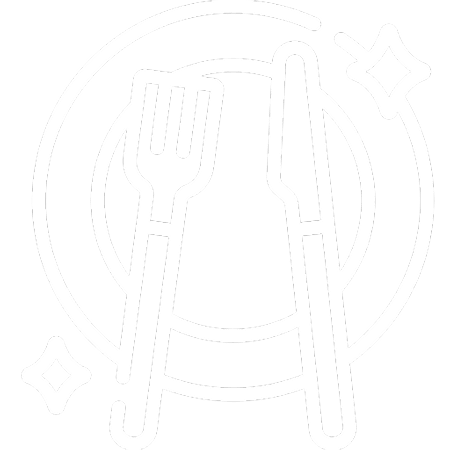
PREVENT
Education is the best tool to prevent, minimize, or eliminate foodborne illnesses and food hazards.
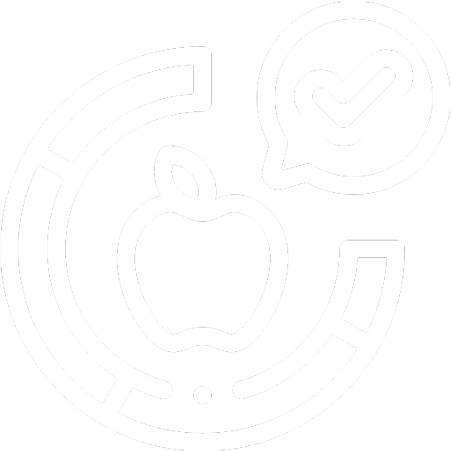
AWARENESS
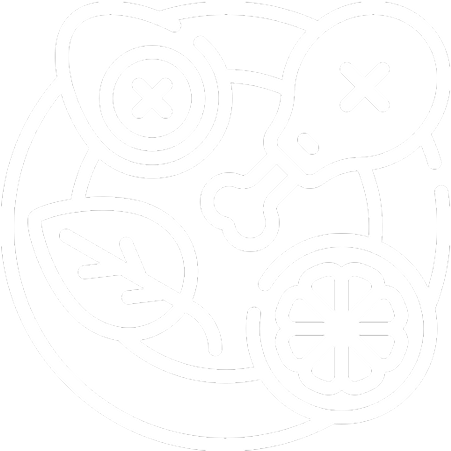
ELIMINATE
Training helps reduce or eliminate food safety hazards before they become major issues.

MINIMIZE

PRODUCTIVITY
Reducing food safety complaints will create a happier workplace and in turn increase productivity.

WORKPLACE SATISFACTION
WHY CHOOSE US

- Satisfaction Guarantee
- Online Interactive Course
- Meets and Exceeds State Guidelines
- Price Match Guarantee
- Owners and Managers: Manage, Track and Record Employee Progress
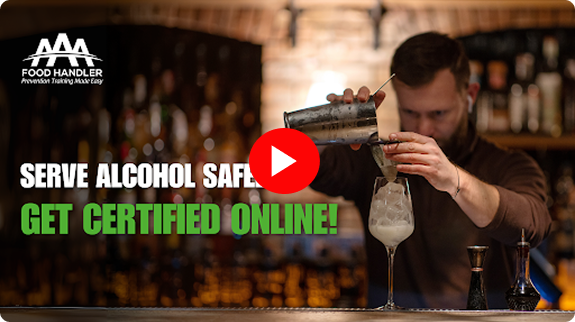
Completing Your Alcohol Server Training is Quick and Hassle-Free
FREQUENTLY ASKED QUESTIONS (FAQs)
The TABC Texas Training Program is an online course designed to educate alcohol servers on responsible alcohol service. It helps meet the legal requirements set by the Texas Department of Alcoholic Beverage Control (TABC) and promotes safe, compliant alcohol service practices across the state.
To begin, create an account, pay the registration fee, and register for the course. Once registered, you can start the training anytime and access it online from anywhere.
The Texas Tabc Online Course lasts approximately 1.5 hours and can be completed at your own pace. You can stop and start the course whenever it’s convenient for you.
While participation is currently voluntary, anyone working in the alcohol service industry in Texas—including bartenders, servers, and managers, should complete Alcohol Server Training to ensure safe service and potential liability protection.
To earn your Alcohol Server Certificate, you need to score 70% or higher on the final exam. You’ll be given up to two attempts to pass.
Yes! The Texas Responsible Beverage Service Training is available in both English and Spanish, making it accessible to a wider audience.
You can check your progress through your account, which displays the portion of the course you’ve completed and what’s remaining.
Upon completing the course and passing the exam, you’ll receive a Certificate of Completion available to download instantly as well as by email, verifying your Alcohol Server Certificate.
The TABC Texas training promotes responsible alcohol service, helps reduce the risk of serving minors or intoxicated persons, and supports compliance with Texas Alcohol Laws.
TABC certification isn’t required by Texas state law, but many employers strongly recommend or require it. That’s because it offers legal protection under the Safe Harbor Act. This act shields employers from administrative penalties by the Texas Alcoholic Beverage Commission (TABC) if an employee accidentally serves alcohol to a minor or intoxicated person—but only if certain conditions are met.
To qualify for this protection:
The employee must not be the owner or company officer.
The employee must have a current TABC certification from an approved school.
All staff involved in selling, serving, or delivering alcohol (and their direct managers) must be certified within 30 days of hire.
The business must have written policies on responsible alcohol service, and employees must read and understand them.
Employers must not encourage or pressure employees to break the law.
Getting certified not only protects your employer, but also helps you make smarter, safer decisions when serving alcohol and interacting with customers.
The TABC Texas Training Program follows guidelines set forth by the Texas Alcoholic Beverage Code, which outlines all rules related to Alcoholic Beverage Regulation in the state.
The TABC certificate is valid for 2 years.
The training is approved by the Texas Department of Alcoholic Beverage Control (TABC).
For more info:
TABC Headquarters
5806 Mesa Dr, Austin, TX 78731


